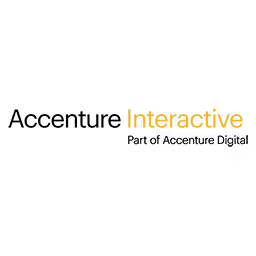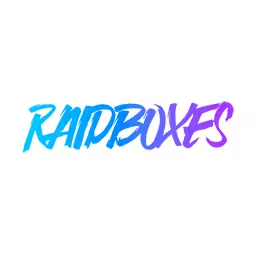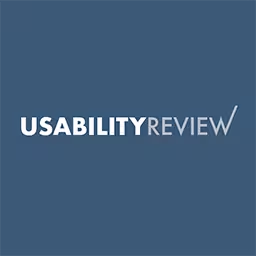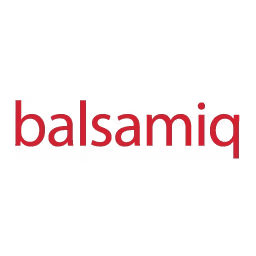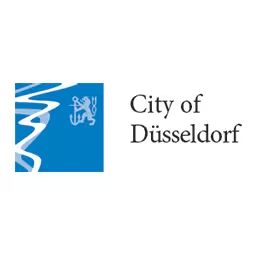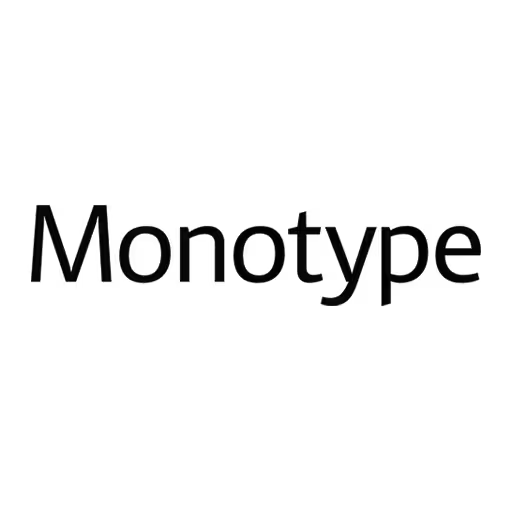Sharon Steed
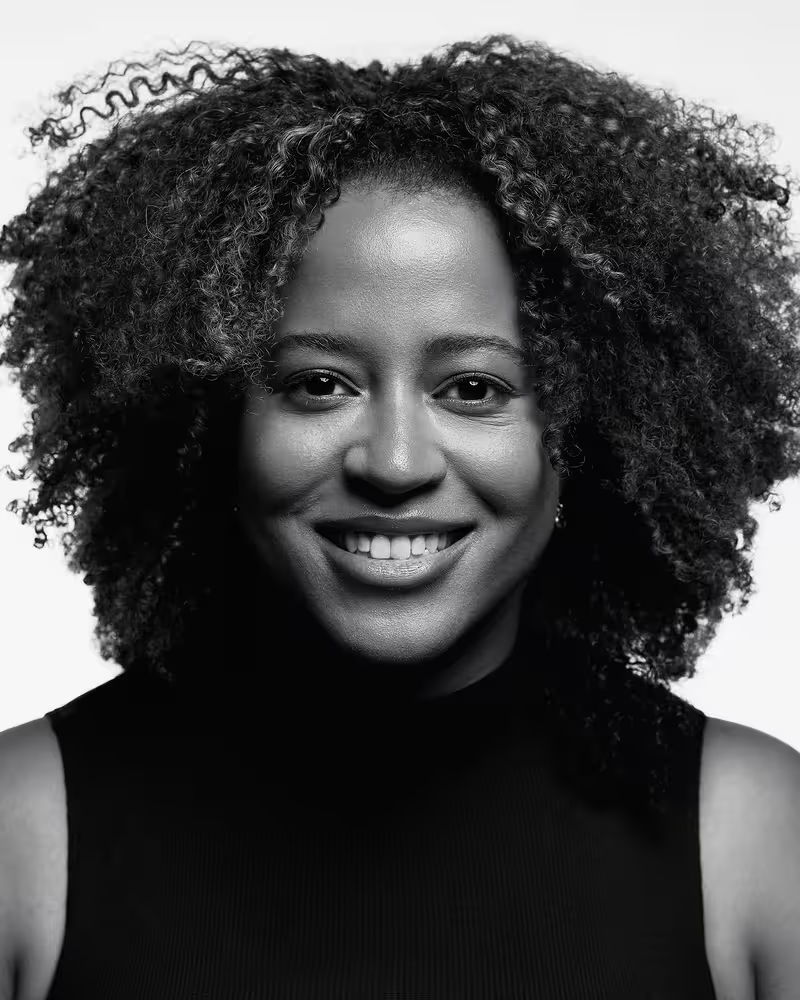
Sharon is an empathy consultant and public speaker. She’s spoken to companies and conferences around the world on improving team communication as well as collaboration through empathy. She works one-on-one with executives on being better, more empathetic communicators at work. A lifelong stutterer, she uses her speech impediment to teach empathetic practices that teams can then use to be better collaborators and excellent communicators. She lives in Pittsburgh, PA, USA.
Talk: Cultivating community: Building powerful relationships by communicating with empathy
One of our most valuable commodities as humans is our ability to build relationships – both personally and professionally. And the key to any successful relationship is empathy: being able to understand someone, connect with someone and view the world through their eyes. The problem is that the empathy needed to cultivate relationships, foster collaboration and build strong communities is often times lacking, especially when we are around people who are different from us. If empathy is the tie that binds us, then vulnerability is the thread that holds that rope together.
It’s time to change the status quo in tech. Let’s explore the impact of empathy on communities. We’ll discuss how communication plays a role in building successful relationships; how empathy fosters highly collaborative teams; and finally we’ll talk about true accessibility. Why? Because innovation is at it’s best when it’s inclusive. And to be inclusive, you must be empathetic.
Transcription
Audience: [Applause]
Sharon Steed: All right, so there are a couple of things that I’m going to tell you about me. The first is that I have a speech impediment. I stutter. The other thing is that I am all about this social media platform. I fucking love Twitter.
Facebook is, you know, like baby pictures. I love babies. I just don’t need to see them all day, every day.
Audience: [Laughter]
Sharon Steed: Snapchat is for people that really understand filters and are probably in high school.
Audience: [Laughter]
Sharon Steed: Instagram, I don’t know. It’s just not really my thing. And so I love Twitter. The big reason why I do is because it’s hilarious.
Audience: [Laughter]
Sharon Steed: I adore just how great everyone can be in this little amount of time. Right? People are so funny. They’re so clever.
Audience: [Laughter]
Sharon Steed: And they tell you about their lives in a way that it makes you feel okay. Like, yes, I had an argument with my husband and my kid is like, more presents. I think that’s great.
But the thing that I really am just obsessed about it is that it doesn’t matter how high you climb in this insane place that we live. It doesn’t matter how powerful you become, we know exactly who you are.
Audience: [Laughter]
Sharon Steed: The thing about it that really helped me is that it is a fully functioning community, and it’s a community, I found, at a time in my life when I really was trying to find a way to communicate with people in a way that didn’t give me anxiety. See, with stuttering, I mean I have stuttered ever since I was probably three years old. Okay? And so this is all I know. All I know is how terrifying it can be to, you know, have to talk to people. Stutterers all have a very challenging time just saying their names, and so every time I meet a person I’m like, hi, I’m -- oh, God, please, I hope this name comes out because it just feels really uncomfortable when people are like, “Wow. How do you not know your name?” Then they process it, and they’re like, “Oh, okay. You’re a little bit weird.”
Audience: [Laughter]
Sharon Steed: And so I found Twitter at a time where I had become so terrified to talk to people that I was like, oh, thank God. I have found a place where I can communicate exactly how I want to communicate, and people aren’t going to judge me.
I want to talk about the concept of a community because I feel like that’s a very important thing, right? All of us are in some kind of communities, right? We have families at home. We have friends. We have professions. We are always kind of surrounded by people who are something similar to the person that we are, right?
A community is a social unit, and it can be a big one or it can be a small one. Every single person in there has something in common. It could be politics. It could be values. It could be the job title, right?
Communities are a place where people feel safe, and they feel like they can grow and change and evolve in a way where they’re always going to be accepted, right? A great community really is going to keep you connected to those both inside of your community as well as outside of your community. You know they are going to really make you care about everything that’s going on in the world.
I didn’t really care about everywhere else in the world because I’m an American until I found Twitter. You know in my world, like everything was very small, like it was about me. It was about my friends. It was about my job. It was about the life I had at home. It didn’t even occur to me that other people in other places have things going on as well.
Because of the community I found on Twitter, I was able to really care about the world at large. I was also able to really care about the other people who are also in my community as well as outside of my community. I’m 32, and I am definitely in the Facebook generation, right? I’m self-absorbed. It’s cool. I'm totally cool with admitting that. And so I didn’t always care about even the people who were down the street because, again, I was so concerned with the things that were going on in my own life that I didn’t really think about the struggle of other people. A good community is going to force you to care about the world at large and the very small world that you, you know, occupy.
Finally, a good community is going to give you some perspective, right? It’s going to keep you grounded. As much as I love a great community, as much as they are very empowering and encouraging, they have some problems, right? You know there are people in communities who aren’t going to be very nice to you, who aren’t going to be very patient, who aren’t going to be kind, who aren’t really going to care about you as a person. And so people can say things that can be very hurtful, and they can say things and do things that are going to be detrimental to the community at large.
Well, how do you combat that? How do you combat those failures of, you know, kindness, the failures of patience? How do you improve your community when not every single person in that community is encouraging?
Well, you are going do to that with empathy because the foundations of all great communities is going to be extreme empathy. Teams at work, you guys are filled with people of all different ages, all different races from different walks of life. Some of you have families. Some of you don’t. And, you know, it can be hard to kind of get along with people that you don’t really feel like are on your team or like are in your community, right?
We are trained to really agree with the people around us because we’re all taught the same way. We are taught to view things in the same way. When we’re at work with our colleagues in that community, it can be challenging to have any empathy for the people at work. However, when we’re with our friends or the community that we have chosen, it is extremely easy to have that empathy.
Well, why is that? Why is it so easy to look at your friends or look at your family and say, “Yeah, I totally understand you,” and it’s not as easy to look at these people at work who we spend a ton of time with and say, like, “You know what? I don’t understand, and I’m going to try”?
Well, in order to explain that, I need to kind of talk about empathy in a broader sense, right? Empathy is described as the ability to understand and share the feelings of another person, which all of you guys are smart. I mean we’re at a tech conference, so you guys all know that this is what it is.
However, I think a lot of us view it just as this thing that we could do and a thing that we probably should do. However, it’s a thing that we’re probably not going to do because it seems hard. It seems overwhelming, and it kind of seems like a waste of time. And so the definition that I like to give of empathy is that it is a verb. It is choosing to be empathetic and to engage in activities that are going to really help you understand and share the feelings of another person.
In our attempts to have, you know, create empathy, we kind of associate some things with being empathetic that aren’t exactly that, right? One of the things that people think is an act of extreme empathy is pretending that you care about a person or pretending that you really do like a person even though you don’t. I understand what you’re trying to do here, right?
It’s easier to pretend that you actually do care about a person because then there’s no arguments. You don’t have to deal with them on an extreme level. However, this is actually anti-empathetic because you’re being fake. You are kind of being an asshole a little bit, you know. That’s not empathy.
Another thing that’s not empathy is sympathy. Feeling sorry for a person doesn’t -- it’s not a productive expenditure of your time or their time. To be truly empathetic, you have to be vulnerable, and you have to be this because being vulnerable, it forces you to really feel things, right?
We all know how it feels to be excited about something. We all know how it feels to be angry, to be anxious, to be upset, to be hurt. And so when we are vulnerable, we are experiencing empathy because it truly does help us see the world through another person’s eyes. It helps us to better understand them, one. Two, it helps us to see them as actual people who are going through the same challenging experience that we all have to go through.
When we are in our communities, again, it’s very easy to be vulnerable. It’s very easy to have that empathy because all of these people are exactly like us, right? We all have big things in common. That’s why we’re in those communities in the first place.
When it comes to people outside of those communities, that’s a lot more challenging, right? In our minds if these people don’t agree with us, like on this one thing, they aren’t ever going to agree with us on probably anything, right? If they don’t understand us on this one point, I don’t think they’re ever going to. They’re never going to understand me on probably any point.
The reason why it’s so hard to experience empathy with a person who is outside of your community is because we turn that empathy completely off. It doesn’t have to be this way because we don’t have to view the communities that are outside of our communities as these opposing forces because, even though empathy in groups is challenging, it’s not impossible. If you think this, then you are truly hurting both yourself, but also your personal community, your teams at work, and your overall companies.
The way that we have better empathy is with communication. Now I believe that the foundation of positive and effective communication is going to be empathy. If our communication is on point, our collaboration is going to be phenomenal. That’s why, without communication, there is no collaboration.
I used to work at a newspaper. This was back in like 2004-ish where there was like 45 people who all had their own computers and there was like two IT guys, okay? And so the problems that we would have were like, hey, the printer isn’t working or, hey, I can’t turn my computer on or, hey, I don’t know where the plug is. Every single thing that we ran into, we would always go to the one guy who was there, and he would come over and he would help us even though he would absolutely be so angry about it, right?
The first thing he would say every single time, every single time, and I still hate this phrase, was, “Did you turn it off, and did you turn it back on again? Did you restart?”
The way he would say it, though, was like, “Are you fucking kidding me? Did you restart?” It’s like I just told you that the computer is burning. It just blew up. And you asked me if -- what? No.
Every single time I would go to him, I’m like, “Hey, I’m having this problem.”
“Well, did you restart?”
“Hey, I’m having this other problem.”
“Did you restart?”
Hey, the room is on fire. Could you help me?”
“No, because,” blah-blah-blah-blah-blah. “You didn’t restart.”
Audience: [Laughter]
Sharon Steed: Finally, I was having a really difficult time one day, again, like we were on a deadline. It’s a hard one, and so I approached him. I’m like, “Hey, this is the exact probably that I am experiencing. I turned it off. I turned it back on. And the same thing is still happening, and here is the exact error message. Can you help me?”
He was like, “Yeah, sure.” He went over to my computer, and then he explained every single thing like, “Okay, here’s why this is happening. Then here’s why this is happening. And so if this happens again, here’s exactly what you do.”
Then he was like, “Look. If there’s anything else that you need, I’m over there. I can totally help you any time,” and I was really baffled. I was like, “You’re kind of a dick to every single person in this building. Why are you being so nice to me right now?” Then it dawned on me that I spoke to him in the words in the way that he could truly understand. I was being extremely empathetic because I talked to him the way that he had to be spoken to, and I took the views I had about how I had to speak to him completely out of it.
If you want to have more empathy at work, if you want to improve your communication, if you want to improve your collaboration, you need to talk to people in a way that they’re going to truly embrace all of the words that you were trying to say, right? It’s not only about the words. It’s about how you approach them. It’s about how you say all of the things that you have to say. It’s about things like your body language. It’s about your tone of voice.
It’s not about the things that you want and you need. It’s about the things that they want and they have to have. If you can’t engage with each other, there is no collaboration.
Again, I’m a person who stutters, and we actually have a conference every single year. It’s actually held by this organization where the acronym is NSA, and so if I really want to freak people out, I’m like, yeah, I’m going to the NSA conference.
Audience: [Laughter]
Sharon Steed: And it’s always a good time.
The first time I went it was in 2014, and I was pretty terrified of going because I had never really been around hundreds of other people who have the same really weird issue that I have, and I thought it was going to be just an awful experience because you don’t want to be confronted with the thing that you hate, right? I hate this about myself, so now I have to be around these people every single day.
There was something like 1,000 people there, and you have to hear all of these people struggle every day for like a week, right? And so I said, okay, no. Look. I’m just going to go, and I’m going to enjoy it. I’m going to make some friends, and I’ll probably get drunk because it’s a conference, and everything will be great.
Audience: [Laughter]
Sharon Steed: I go to the conference, and I go to the events. I go to the talks. I talk to people. Everything is great, right? But on the final day they always pick a first-time attendee to come up and talk about their experience at the conference.
The guy that they picked was the father of a teenage girl. He said, look, I was so against this. I did not want to come here. I thought it was going to be dumb. I didn’t think it was going to help anything. But everybody else in my family wanted to go, so okay, fine. Right? He was very against it. It was extremely obvious.
I was like, I don’t know why they picked this guy because he’s clearly about to take a dump over this really beautiful experience for all of these people. Then he said, I attended every possible thing I could. I talked to everyone I could. I paid attention to everything that everyone had to say. Then he said, it changed pretty much everything. I feel like I now understand my daughter’s experience as a result of just being about all of you guys.
The thing that he said that really stood out was that he paid attention to everything. Okay? This isn’t a man who was in the community. His daughter is in the community. However, even though he was like, I don’t want to be here; I don’t want to do this. I am going to experience it, and I am going to try to just understand how all of these people feel and understand their experiences.
How did he do that? He paid attention. It’s so important to really listen to the words that the people on your teams and in your communities are saying, right? We don’t like to actually pay attention to people. We like to check our email, and we like to hang out on Twitter, and we like to look around to see if anybody else is here who I can talk to because I don’t really want to talk to this person. I want to talk to somebody else. We don’t really pay attention.
If you really listen to the words that people are saying, you can build a powerful community. Powerful communities can do great things because they are consisted of powerful people, powerful individuals, right? These aren’t people who are the CEO of Fortune 500 companies or the president of countries. These are people who just completely understand the role that they have to play on the team.
It doesn’t matter how small the thing that they have to do is on that team. They are 100% okay with exactly what the role is. They also don’t allow ego to get in the way of building great things and being great teammates because powerful people truly understand that empowering their teammates is also going to make them a better person and they are going to be able to get a lot more work done.
That’s why powerful communities are going to be inclusive communities. Exactly like the father at the stuttering conference, he was, like, I don’t want to be involved here. However, I am going to be open, and I am going to trust this process. As a result, he made the community a lot stronger.
It’s okay to have different ideas when you are in your communities and when you’re dealing with outside communities as long as you really pay attention to what the other people are trying to say, one. Two, as long as you speak to people in the language that they can truly understand. That’s going to encourage communication. It’s going to encourage collaboration. And it’s going to cause great empathy to really flourish in that community.
Finally, if you tap into your vulnerability, you are going to have an extremely powerful team. Everyone is going to be comfortable within the community. Everyone is going to confident in their role. And everyone is going to be able to be successful collaborators. All that takes is being very empathetic.
Thank you.
Audience: [Applause]










